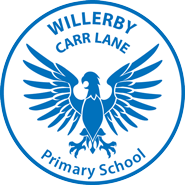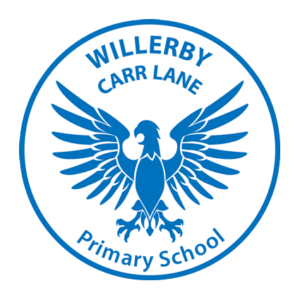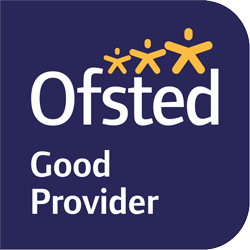Guidance on Illness
Absence
If your child is away from school for any reason, please telephone the school as soon as possible. Any absence not explained is recorded as ‘unauthorised’. Registers are completed as soon as the children come into school and any child not present when the register is returned to the school office will be marked absent. If children arrive late they need to go to the school office to let the office staff know they have arrived. Their absent mark will then be changed to a late mark.
The attached PDF “School Absence” also provides guidance for parents concerning medical appointments and illness.
Management of Headlice
Headlice are extremely common in close-knit environments such as schools. Please click HERE to access information on the management of head lice.
First Aid in School
We have a number of staff qualified to undertake first aid. Where your child has been treated by a first aider, he or she will bring home a note giving details of the incident and the treatment to ensure you are informed should further treatment become necessary.
Where a child requires emergency treatment this will be sought by the staff ‘in loco parentis’ and the parents will be contacted.




